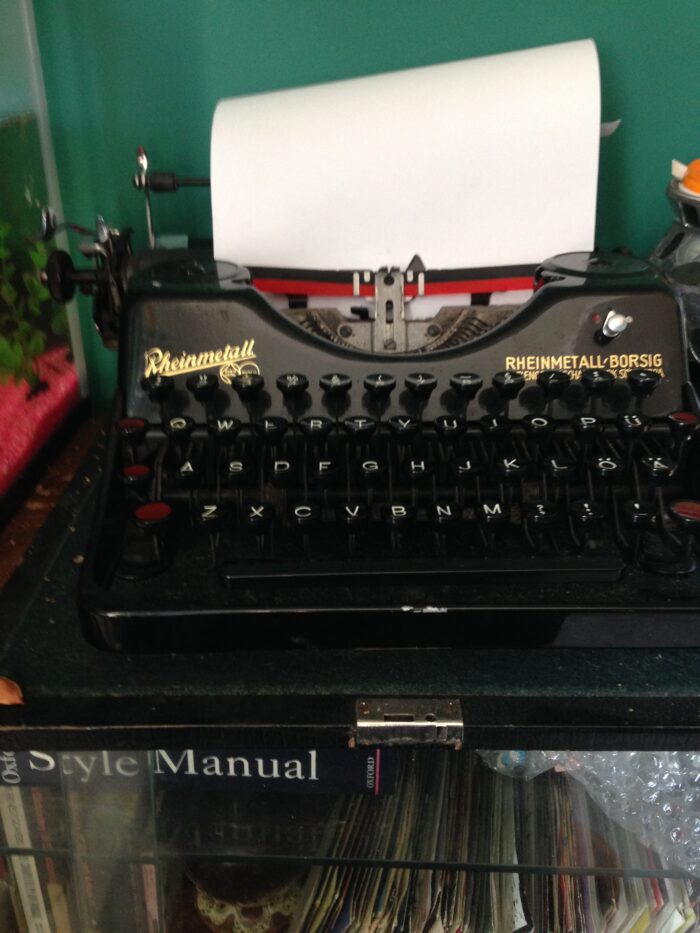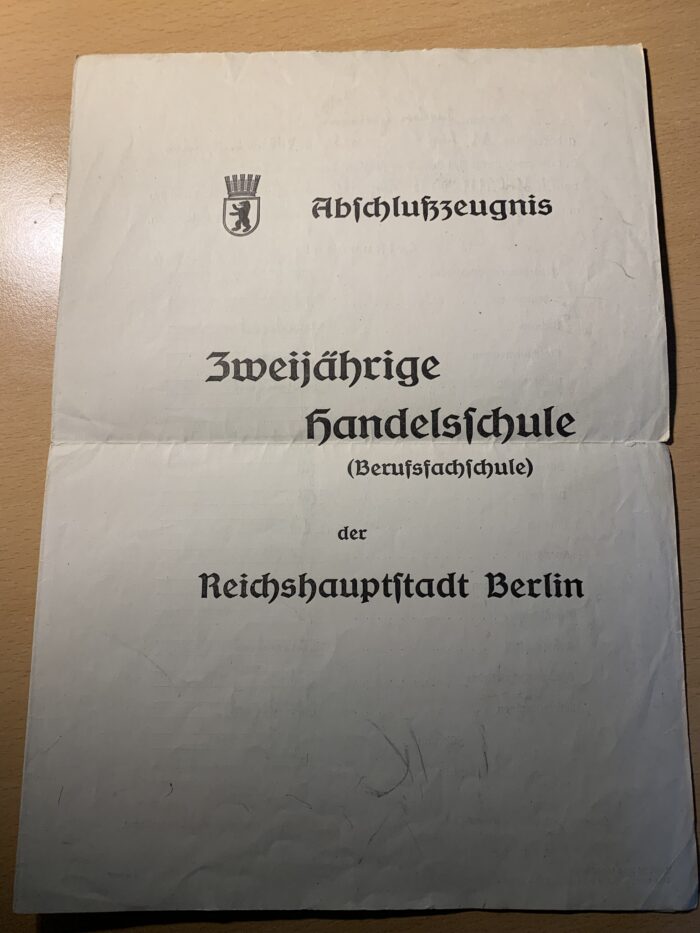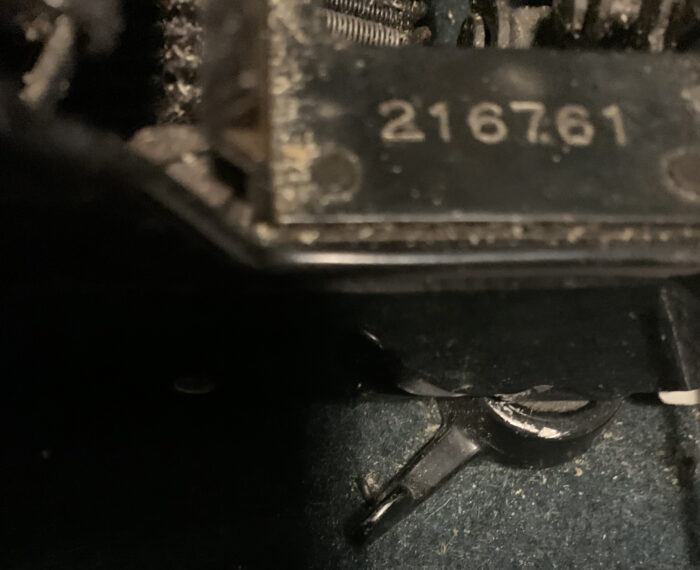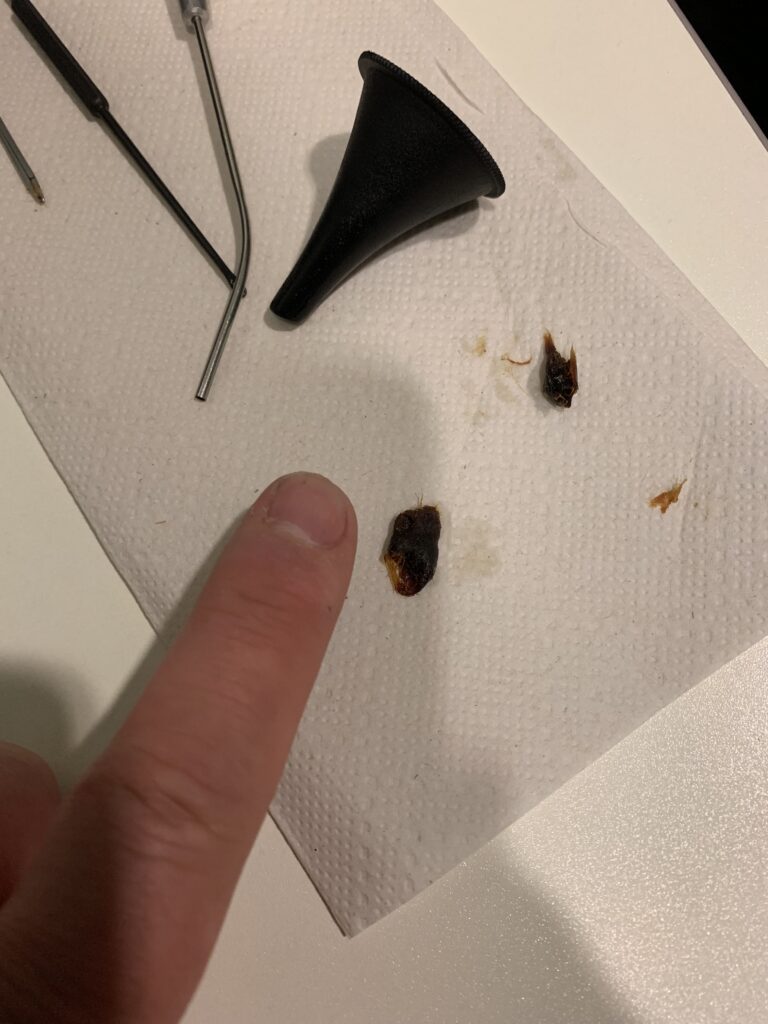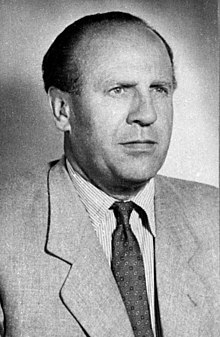
To recap, Part 1 of this extended post found the newly-qualified Ingelore Hartmann, fresh out of Vocational College, stationed (for want of a more accurate term) in Kraków in the latter part of the war and engaged in servicing the secretarial needs of her Direktor. His role, as far as is known, concerned the redeployment of manufacturing capacity to the production of war materials. Enter Oskar Schindler, whose enamelware factory in Kraków was repurposed to the manufacturing of, you guessed it, war materials.

At this point, we need to flashforward 40-odd years. I am 25 years old and working in a print factory, terminally bored and quickly realising that my employment – and indeed life – options are now being hampered by my lack of qualifications. I enrol in night school to study English Language and Literature at A level. It’s a subject I feel comfortable about being able to manage without too much mental exertion. Among the set texts is Thomas Keneally’s Schindler’s Ark, the 1982 Booker Prize winner and later to be made into the film of almost the same name. I read the book. It’s familiar territory for me. I have always been ‘the Germans’ in childhood play. My first language was, arguably, German. I feel a bit German. I feel uncomfortable about what some Germans have done. The story has restorative power and resonance. Whatever Schindler’s motives, he created a small light in the darkest of times and places.
“Oh yes, he saved people,” Mum says, looking a bit shifty.
A year or two later, but still significantly before the release and publicity surrounding the film, I’m having a conversation with Mum. It’s a tetchy one, as they sometimes are. The conversations usually hinge on me saying ‘you don’t know me very well at all, really’ and her responding with ‘well, you never tell me anything.’ I’m at university at this point, my A level success being the last piece of the jigsaw I needed to make the jump back into full-time education. We’re discussing the texts I studied for the A level and I mention Schindler’s Ark. It’s the first time we have talked about it. I’m not sure I knew about her time in Kraków at thispoint. When I mention Schindler, the temperature drops. “Oh yes, he saved people,” Mum says, looking a bit shifty.
It’s only years later, after the film has won everything going that I make the connection. Did she come into contact with Oskar Schindler? We will now never know.
If you like fiction about this era, and how events in the past ripple through to the present, try my novel Pernkopf’s Atlas. You can find all the purchase links here.
